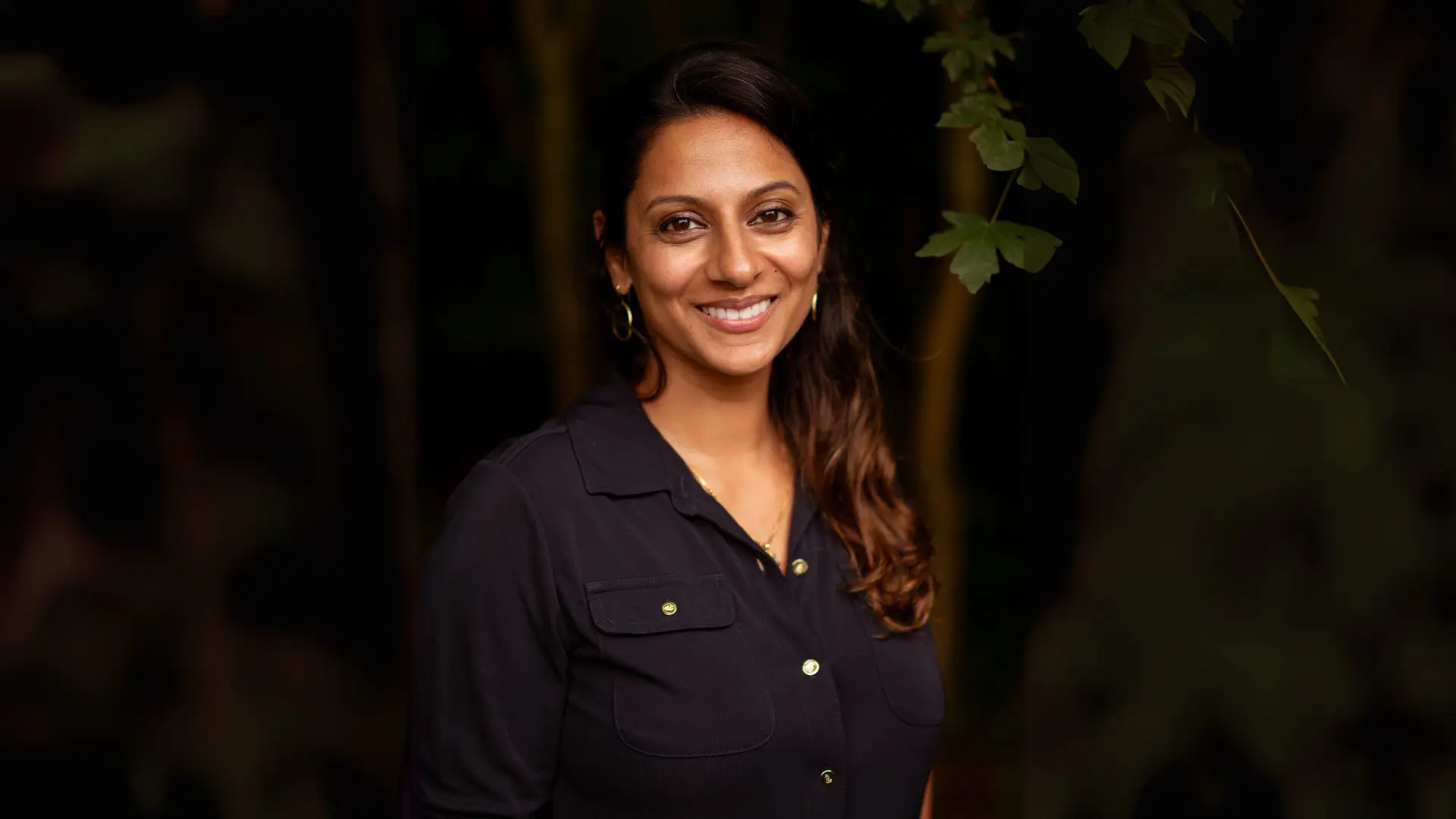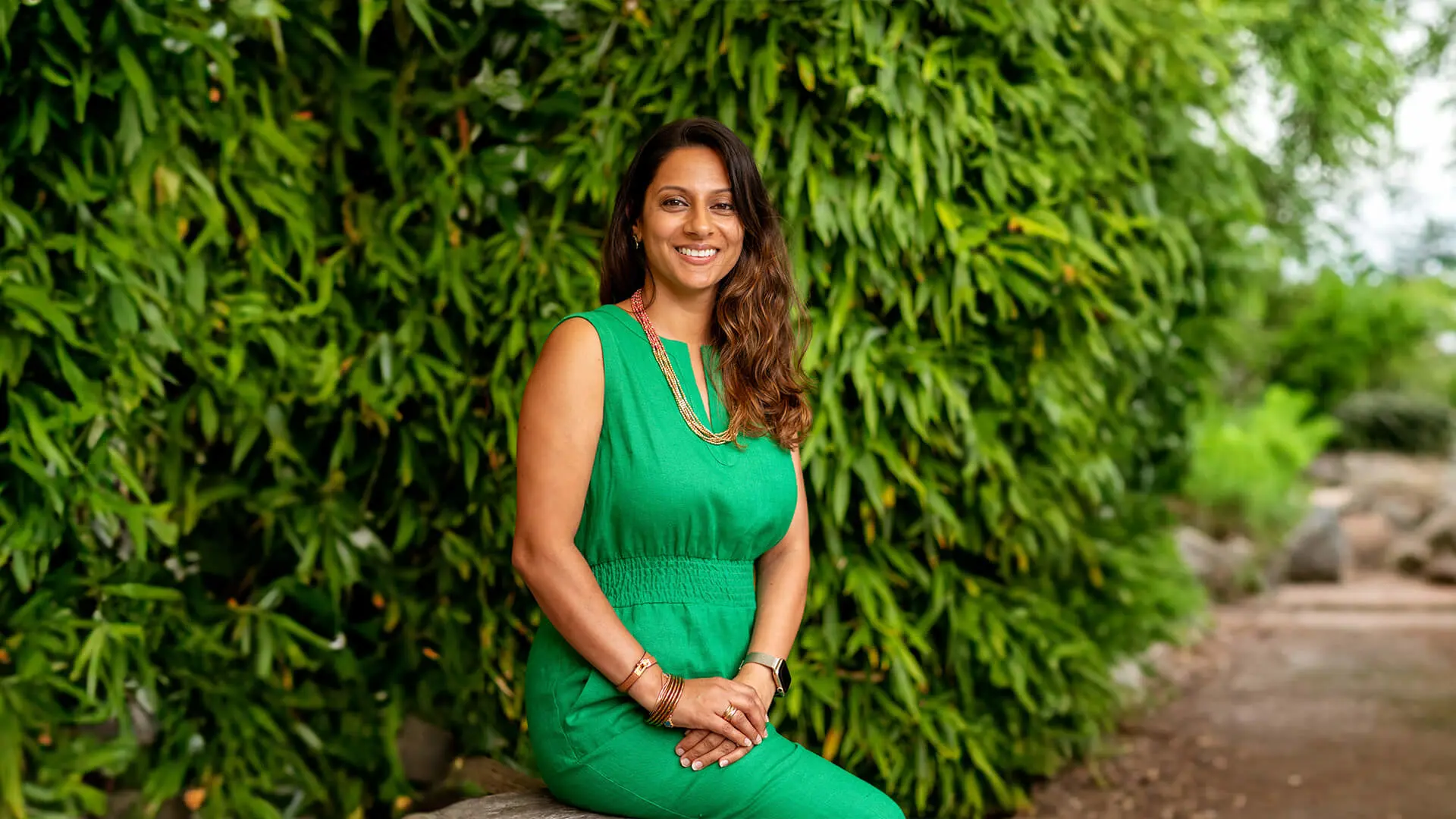
“But you don’t look ill…”
Ever heard that before? That quiet sting behind a smile, the doubt cast on your experience, the invisible weight you carry that no one sees, but you feel every single day. It took me years to stop explaining myself in order to justify myself to others. It took me time to realise that true inner healing doesn’t mean going back, it means growing forward, scars and all – incorporating the glimmers and shards into your story… and owing it.
The lies we tell ourselves.
When your disability doesn’t show on the outside, people assume you’re exaggerating or being lazy. You get good at pretending to minimise your illness, only, the by-product of that is before long, you’ve internalised the disbelief of others and start doubting yourself. That’s what happened to me. As a doctor, I was used to being the helper, the capable one, the go-to. I wasn’t supposed to be the one who struggled to get out of bed. The one who had to cancel. The one who looked fine but felt anything but that! Invisible disability can turn your life inside out. Physically. Emotionally. Professionally. But here's the surprising part…
"I didn’t “bounce back” from my challenges with my acquired invisible disability, I rebuilt my identity, my life, my place in the world. Differently and mindfully."
How can you use positively use your pain?
I experienced something incredibly powerful. Something called posttraumatic growth. It’s the idea that from adversity, we can emerge in a thriving state and not just survive. We have the power to transform. Growth doesn’t erase the suffering. It acknowledges it. It honours it. And it says: despite everything, you get to rewrite the story. I didn’t “bounce back” from my challenges with my acquired invisible disability, I rebuilt my identity, my life, my place in the world. Differently and mindfully.
You are more than what people see.
If you live with an invisible disability, you’ll know what it feels like to shrink, to mask, to exhaust yourself trying to “prove” you’re unwell enough to be believed, or strong enough to be respected.
But here’s what I’ve learned: You don’t owe anyone proof. You get to define your strength, not perform it. You don’t have to choose between accepting your limitations and chasing your potential — you can do both.
From breakdown to breakthrough
Here’s what helped:
- Acceptance, not surrender. Not reaching your intended goal isn’t failure. Plans need to be revisited. Goals are moveable, dynamic and changeable. What used to serve you may no longer be valid.
- Redefining success. I used to measure success in productivity and output. Now, I measure it in joy, alignment and authenticity.
- Finding safe spaces. People who believed and loved me changed my life. Hold onto them and nurture those relationships.
- Being vulnerable on purpose. When we speak, we give others permission to speak too.
- Reclaiming the narrative. Illness may have changed my path, but it didn’t end my story. It gave me a new lens from which came a new mission.
Call to Action — 5 Prompts for Growth After Trauma
- What does “growth” mean for you?
- What parts of yourself have grown stronger through hardship?
- Who are the people who truly see you and how can you nurture those relationships?
- Don’t be scared to let go of things that no longer serve you.
- Own your hardships, they shape your path forward. Embrace them as part of your story.
The path from pain to power isn’t a straight line - just because your scars are invisible doesn’t mean your growth has to be.
Send a request for Amrita Sen Mukherjee

Booking and request
Send a booking request here for Amrita Sen Mukherjee
Did you find the blog post inspiring? You can book Amrita Sen Mukherjee for your event. Contact us today to learn more about the possibilities.

